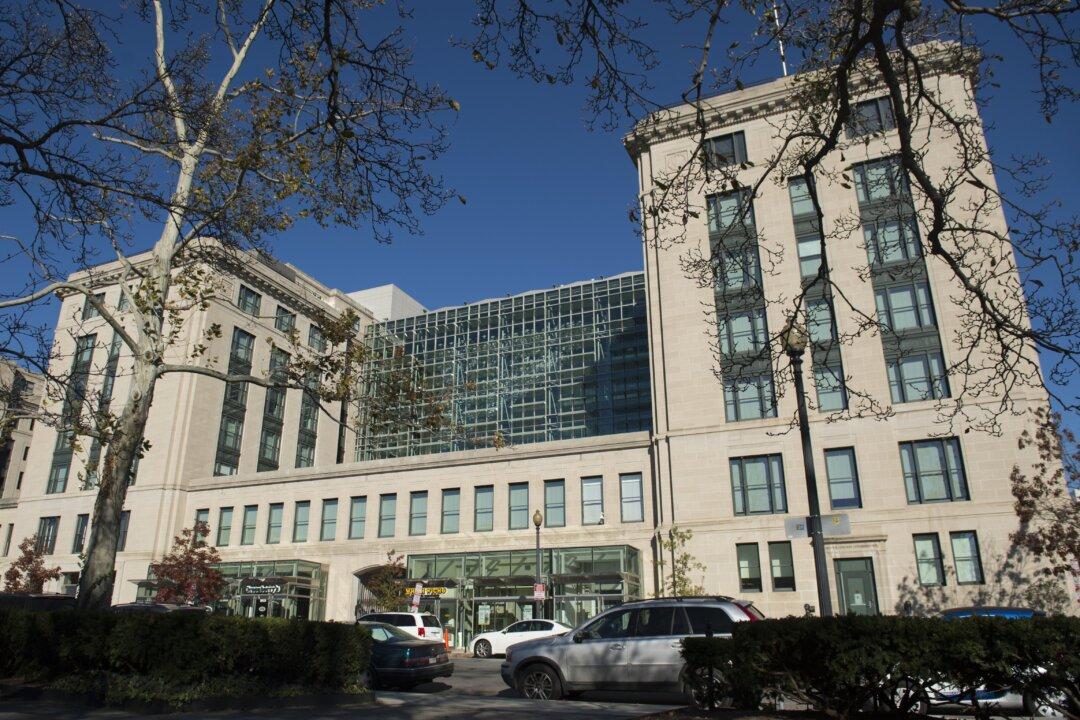A bipartisan group of senators and representatives is demonstrating that small changes in obscure and complicated government rules can mount up to billions of dollars saved for taxpayers.
They are doing it with an as-yet-unnamed bill to enable federal officials to buy needed buildings at bargain-basement prices instead of more costly long-term leases based on high-end fair-market values.





